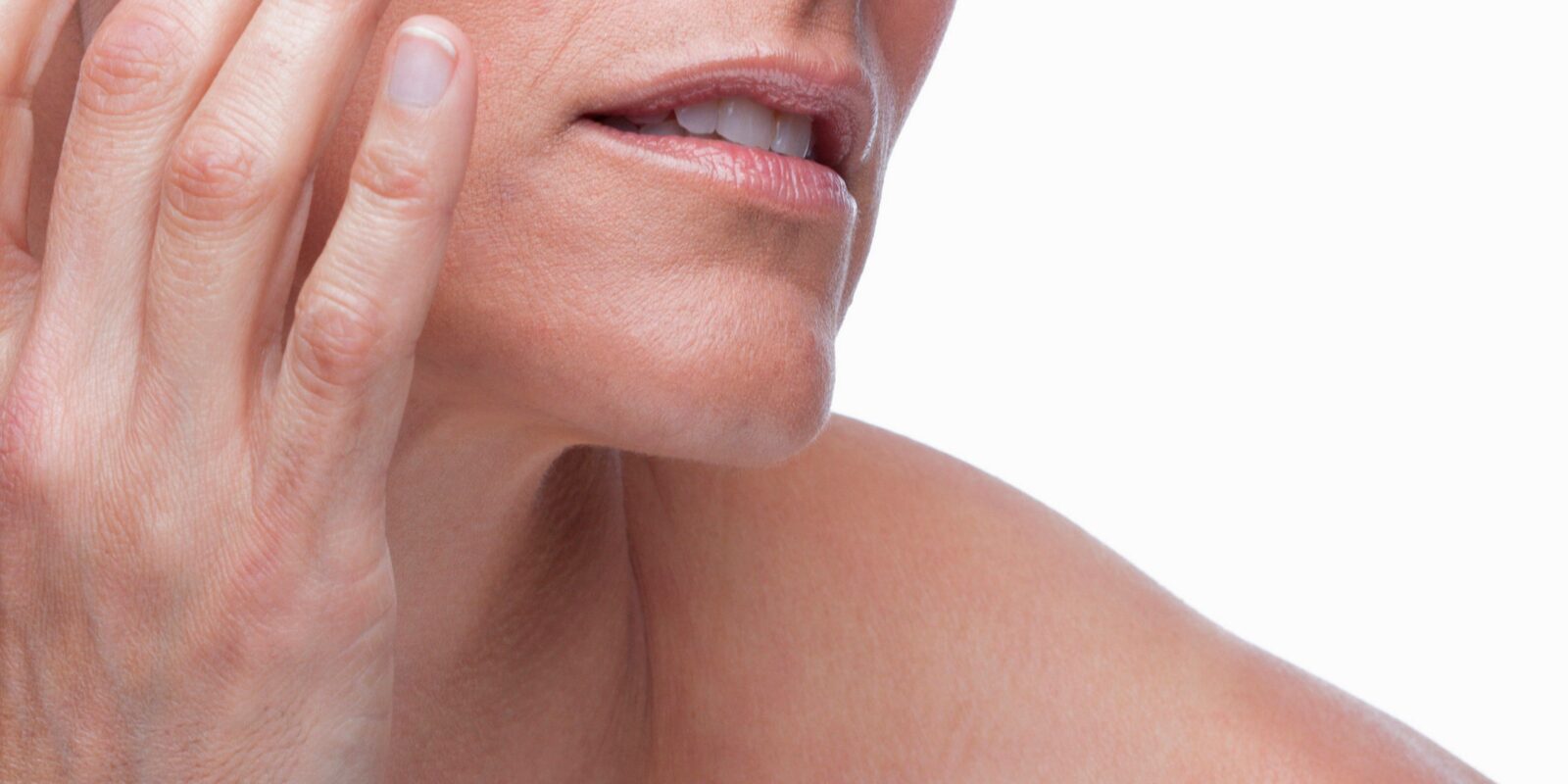No matter how positively you’re looking at menopause, the side-effects are many (think: hot flashes and mood changes). When it comes to skin and hair, major hormonal shifts can send it haywire, making it a different ballgame from the skincare routine you used in your 30s and 40s. While more than 50 million women will be menopausal in 2020, there isn’t enough information—or skincare products in the aisles—for this target market.
What happens to the skin through menopause?
You’ll see dryness, dehydration, enlarged pores, sun spots and acne, some of which were never issues that cropped up before. What gives? “Skin metabolism slows. Skin strength weakens. Our skin doesn’t renew itself as quickly as it used to. While it is 28-35 days in your early 20s, it becomes 40 to 50 days in your 30s and beyond,” says Prasanthy Gurugubelli, the founder of Daughter Earth, a clean skincare brand that boasts ingredients like bakuchiol which cater to mature skin types.
You can chalk most of this up to the decrease of oestrogen production. “Oestrogen stimulates the production of collagen, which gives the skin its strength and elasticity. A lack of it can directly impact the collagen levels in the body,” confirms Dr Pankaj Chaturvedi, a Mumbai-based dermatologist. “The skin can lose its firmness and begin to sag. Fine lines that used to appear only with a smile or frown become visible all the time. Later, the tip of the nose dips. You may see pouches under your eyes. The skin becomes thinner and thin skin bruises more easily,” he says.
Here’s how you can manage dryness and fine lines
With decreasing oestrogen levels, women will experience increased dryness due to decreased sebum production. Dehydration is also an issue, as the hyaluronic acid levels also see a sharp decline. Gurugubelli suggests face oils that help build up the lipid barrier. “Dry skin can be sensitive, so look for products that’ll coddle and hydrate rather than exfoliate,” she says, suggesting that those with glycerin and hyaluronic acid are ideal to help reduce transepidermal moisture loss. Along with this, even the skin’s pH can change, leaving it more sensitive and prone to irritation. If you have an existing skin condition, such as eczema or rosacea, this could worsen. What you can do? “Switch to a fragrance-free products that are clean and gentle on the skin,” says Dr Chaturvedi.
“Studies show that women’s skin loses about 30 per cent of its collagen during the first five years of menopause. After that, the decline is more gradual. Women lose about 2 per cent of their collagen ever year for the next 20 years,” points out Dr Chaturvedi. “Add retinol or peptides to your routine,” he says. “If your skin is too sensitive for heavy-duty retinols, bakuchiol (which is a natural alternative), is a good stand-in. Adaptogens like ashwagandha are also ideal to calm and soothe the skin,” says Gurugubelli.
To counter dry skin related to hormonal fluctuations, include Vitamin C-rich foods like amla, oranges, broccoli, berries and papaya into your diet (the vitamin is directly related to collagen formation) “Also up your intake of foods which are rich in omega 3 fatty acids like salmon and walnuts. Fatty fishes are not only rich in omega 3 but also in Vitamin E which is an important antioxidant for maintaining the texture of your skin,” says nutritionist Fatema Valikarimwala.
Here’s how you can manage adult acne
The process of ageing starts in our late 20s and early 30s but soon after menopause there’s a drastic reduction in collagen and elastic fibres with a shrinkage of fat. “Adult acne is common during perimenopause. The treatments that worked for you in your teens may not deliver results in your 30s as now your skin is thinner and drier. You’ll want to reach for products with salicylic acid, Vitamin C and retinol to improve cell turnover and unclog pores,” says Dr Satish Bhatia, a dermatologist and cutaneous surgeon.
How to deal with menopause-induced body hair
Oestrogen levels can also switch up hair growth on the face, like the chin, jawline and above the lip. Waxing may be an option but if your skin becomes too thin for waxing, it can tear or bleed. In that case, to remove unwanted hair, Dr Chaturvedi suggests laser hair removal for dark hair, or electrolysis and depilation creams if hair has turned grey.
The article was first published in Vogue





